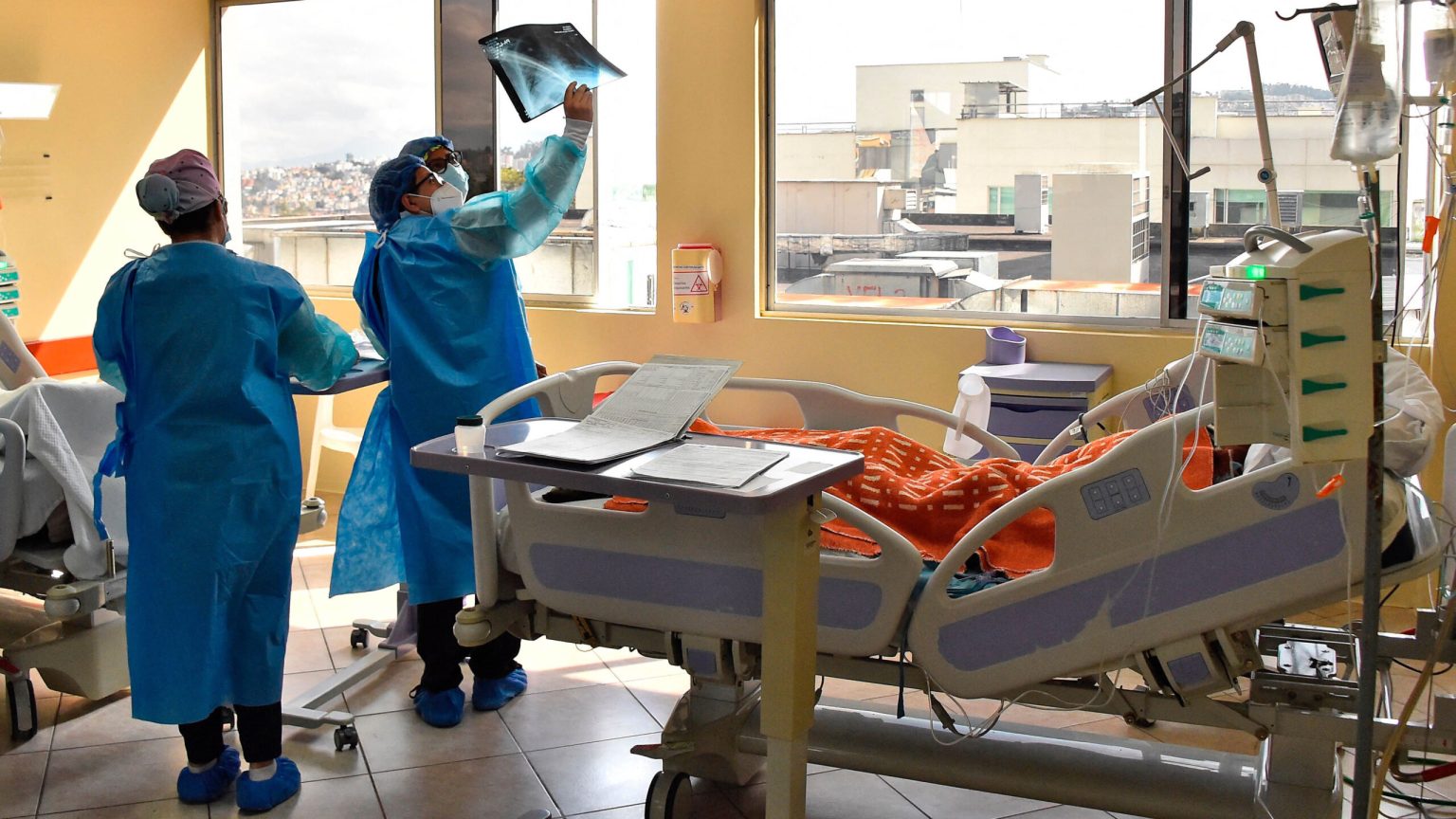The infection caused by the SARS-CoV-2 virus in the lungs can lead to severe cases of COVID-19 due to the overwhelming inflammatory response of immune cells called interstitial macrophages. These cells play a crucial role in patrolling the lung tissue and can become infected in a significant way by the virus. Following infection, these cells experience an extreme inflammatory response, contributing to the development of pneumonia, a condition that damages the lungs and impairs breathing.
Researchers aimed to investigate the progression of a coronavirus infection in the lungs and the factors that drive the escalation to pneumonia. By exposing thin slices of human lung tissue to SARS-CoV-2, the team observed that the majority of infected cells were macrophages, key players in the immune system’s response. Further experiments demonstrated that interstitial macrophages, resident in lung tissue, were particularly susceptible to infection compared to macrophages associated with the air sacs, leading to a significant inflammatory response.
The interstitial macrophages responded to the virus by increasing their production of antiviral proteins and signaling other immune cells to combat the infection. This heightened immune response prompted a surge of cells and inflammatory proteins in the lungs’ airspace, impairing the function of air sacs and setting the stage for pneumonia. Additionally, the researchers discovered that SARS-CoV-2 enters interstitial macrophages through a different receptor than other cells, potentially explaining why treatments targeting the ACE2 receptor have been ineffective for severe pneumonia cases.
Despite the insights gained from studies using lung tissue slices, questions remain regarding how the virus initially infects lung tissue and accesses interstitial macrophages. While this research model provides valuable information, its ability to replicate the complexities of the body is limited. Complementing these studies with animal models could offer a more comprehensive understanding of the virus’s interactions with the lung tissue and immune cells.
The study sheds light on the crucial role of interstitial macrophages in the immune response to SARS-CoV-2 infection in the lungs, providing valuable insights into the mechanisms underlying severe cases of COVID-19. The findings highlight the intricate interplay between the virus and immune cells, as well as the potential implications for the development of pneumonia. Further research is needed to elucidate the complete picture of how the virus interacts with lung tissue and immune cells, and to explore potential therapeutic strategies targeting these interactions to improve outcomes for patients with severe COVID-19.


